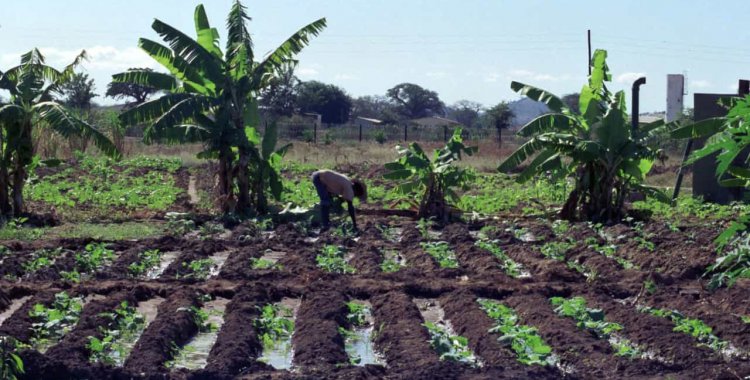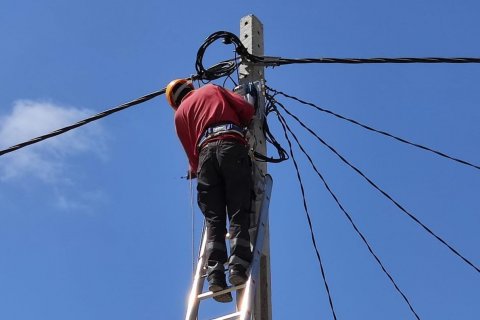The non-classification of water in terms of its use ends up compromising the quality and quantity of natural water reservoirs (springs, springs) and the scarcity of water resources in the country, leads people to explore water sources in an unbridled way, thus compromising groundwater sources and the supply of drinking water for the Angolan population.
Water reuse can be understood as the use of water used, one or more times, in some human activity to meet the needs, it is a technique practiced by the Greeks in order to meet the problems related to the scarcity of water for the irrigation of crops. agriculture, as well as to improve aspects related to basic sanitation.
Nowadays, there are several studies carried out by students, researchers and professionals from different areas of knowledge on water treatment techniques from domestic, commercial, industrial and agricultural activities, so that they can later be used in agriculture, as well as in other activities. activities that require a high amount of water.
With each passing day, the Angolan population grows and with that the demand for water to carry out its tasks increases, as well as the incorrect waste of precious liquid, since the country does not have the structures to use these resources. water, end up flowing into other bodies of water (seas and rivers). Water treatment consists of removing impurities from wastewater, or sewage, before they reach natural water bodies.
The implementation of sewage treatment stations at strategic points in the cities of the country would be an effective alternative for the treatment of these waters, and the Sewage Treatment Stations (ETES) would be the ideal destination and then the due process would be given. treatment. After the water treatment process, including laboratory analyzes that are essential to obtain the necessary information on chemical, physical and microbiological parameters, in order to know if the conditions are in accordance with standards established by the World Health Organization (WHO ), as these waters have high levels of heavy metals.
According to Barros et al (2015), information on water quality is important to know the situation in relation to its multiple uses and environmental impacts.
There are several types of wastewater treatments, but according to the climatic conditions that the country presents with high temperatures, it would be advisable to use biological treatment that does not require large structures for the treatment and you can still use some plants (microalgae) that present satisfactory results when they are used for the treatment of water and do not require economic expenses, it would be a better option in relation to the process of desalination of sea water that requires high technology equipment, expenses with electric energy for the operation of the devices and if the residues are not disposed of correctly compromises the
soil fertility. As for biological treatment in stabilization ponds or wetlands (wastewater treatment system using soil and macrophytes), commonly used in alternative wastewater treatments for communities, these systems work based on solar energy.
Therefore, the use of these resources would greatly contribute to reducing the expenses that producers make with the purchase of chemical inputs, when used in the fertigation process and also in the sanitary aspect, reducing the rate of development and contamination of diseases caused by pathogens that have the drainage ditches as their habitat, as is the case with the protozoan Plasmodium (mosquito).
According to the newspaper Made for Minds (2022), Malaria is one of the main health problems in Angola and responsible for most deaths from infection in the country.








